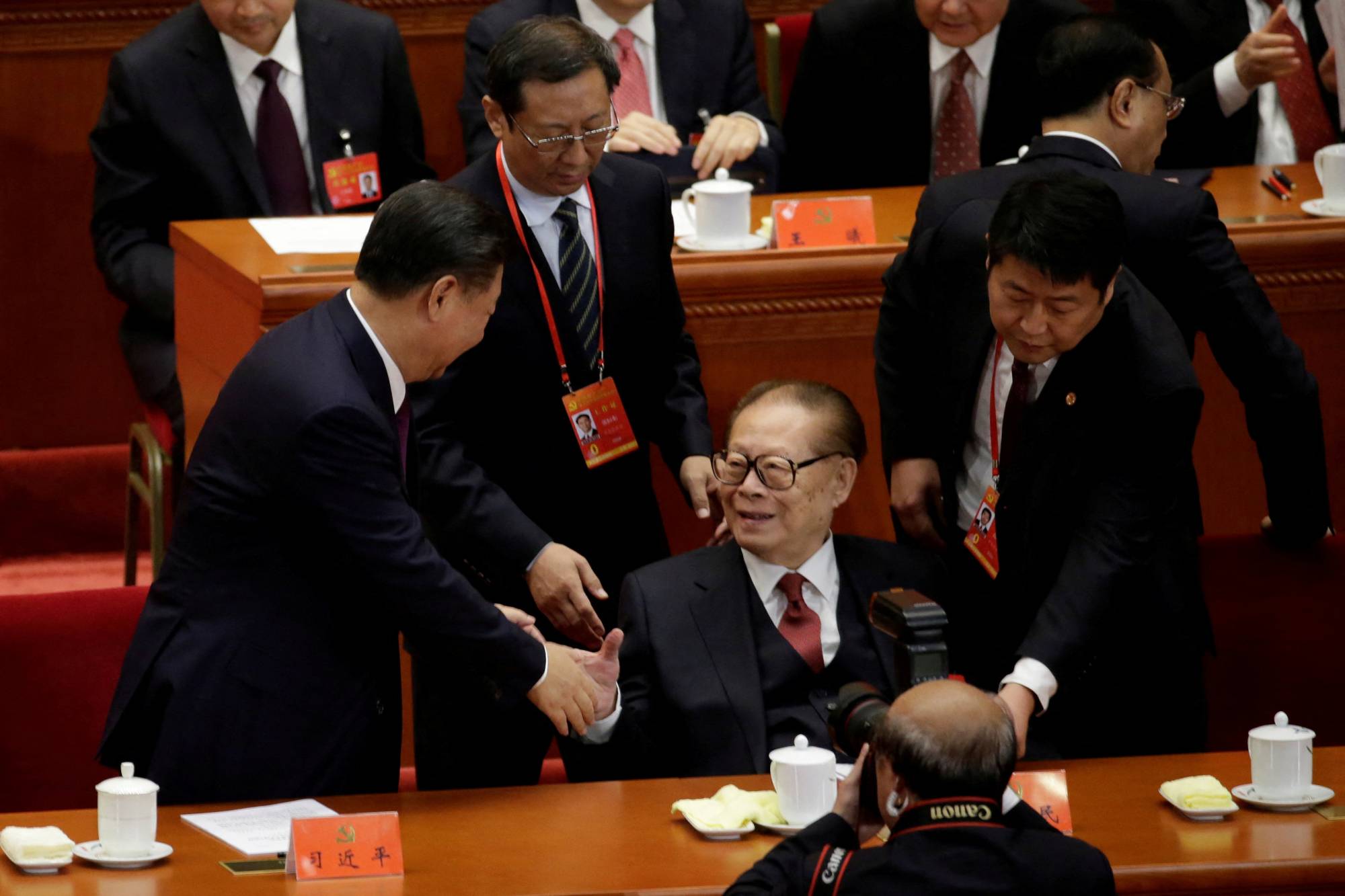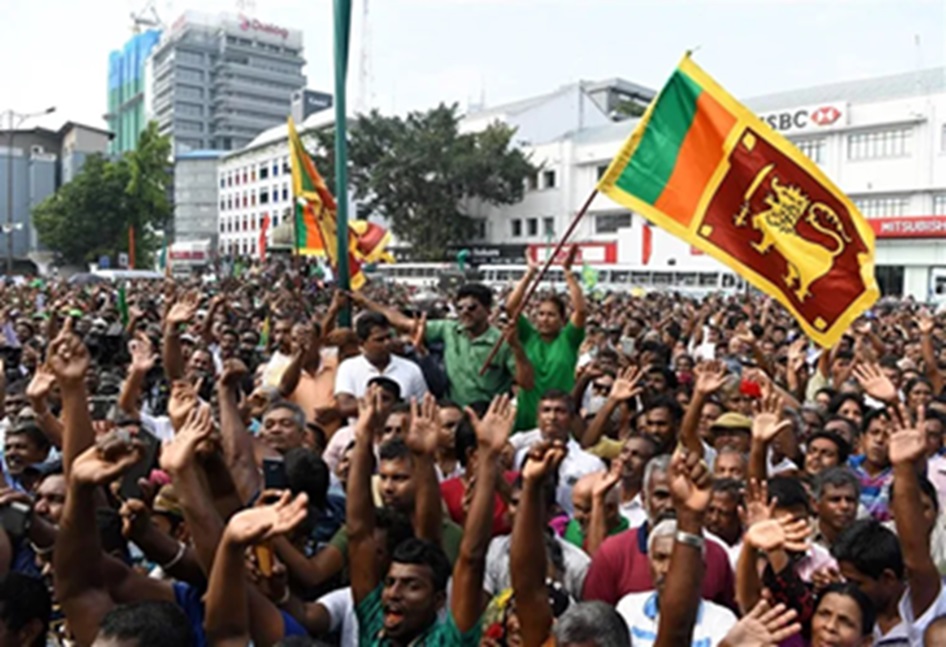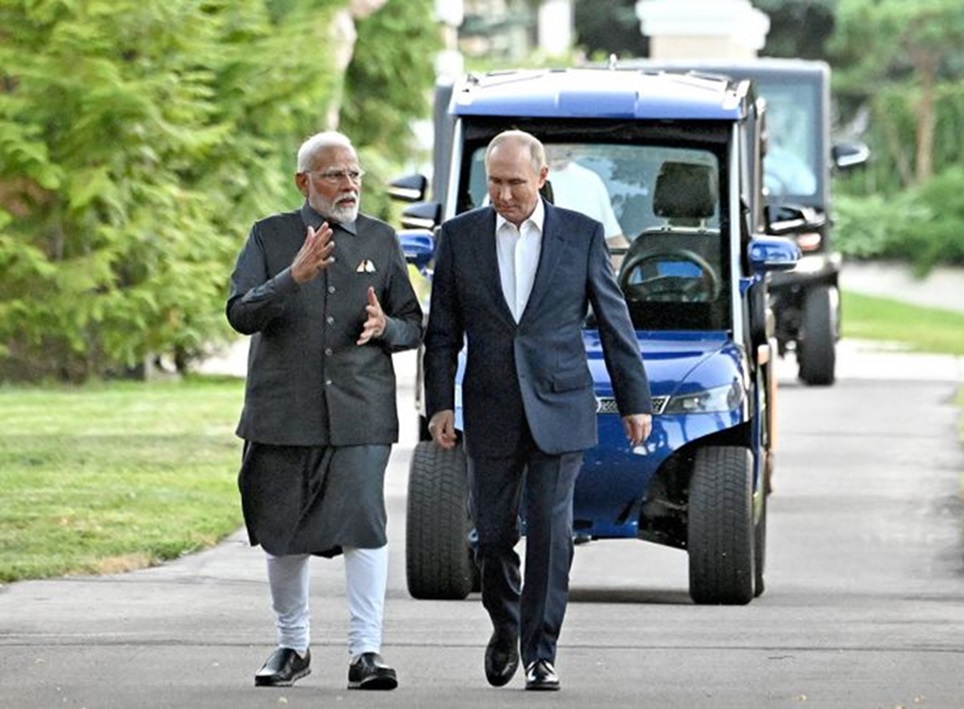The Chinese social media space continues to be agog with angry posts by citizens, particularly those who have lost their dear ones in the surging wave of Covid-19 infections after the central government suddenly pivoted away from its controversial zero Covid policy in the first week of December. What triggered the current wave of anger is the pain and frustration caused by the loss of a large number of their relatives, mostly elderly parents and grandparents, some of them staying alone. Their children and grandchildren rue that they could not give their parents or grandparents proper medical care or a befitting farewell that the former could afford unlike in the past when their folks were poor. Many were furious that they could not get hospital admissions, or even procure Covid medicines or at least flu/fever medicines that could have helped relieve the physical sufferings of their elderly as they lay struggling before they died.
Even as the Western media argued that the lifting of restrictions was the aftermath of the widespread protests by students and others, the Chinese authorities unleashed a campaign spearheaded by celebrity epidemiologist Dr Liang Wannian, known in China as a key architect of the country’s controversial zero COVID strategy, that the removal of the restrictions was under a “well thought out plan”. Alleging that the government’s insensitive claims at this crucial juncture were an insult to their intellect, netizens were demanding answers to a number of pertinent questions: If the withdrawal of the zero Covid restrictions indeed was as per a well-thought-out plan,
- was it not necessary to actively engage in the vaccination of at least the elderly before the withdrawal of restrictions as only 69 per cent of those aged over 60 years and a mere 42 per cent of the population above 80 years of age have taken the third/booster dose and were, therefore, vulnerable to Covid attacks?
- why did the government wait till the onset of the winter to remove the restrictions, a season is typically known for respiratory infections, leading to people flocking to hospitals? Couldn’t the government have either preponed or postponed the decision by a couple of months when the weather is relatively warm, they ask?
- hasn’t the China National Health Commission’s initial insistence that the China-made vaccines were good for only people between the age of 18 and below 60 led to the huge vaccine hesitancy among the elderly who were told day in and day out that the virus was dangerous and they needed to remain indoors? It is no coincidence that most of the unfortunate deaths after the lifting of the restrictions are reported among this age group.
- why weren’t the Chinese pharmaceutical companies made to build up adequate stocks of Covid/flu/fever drugs and other necessary medical supplies as part of this so-called well-thought-out plan? Actually, almost no company, wholesale or retail, was stocked up to meet the sudden demands for such supplies when the Covid attacks surged in December. Why? During the three-year-long restrictions, there were strict controls on the general public buying fever/flu medicines as anyone showing flu symptoms was required to go for RT-PCR tests and undergo two-three weeks of institutional quarantine. Obviously, the government did not want people to self-isolate at home and spread the disease in the process. Since there was hardly any demand from the public, except of course from hospitals, pharmaceutical companies focused their attention on other drugs in demand and the pharmacies did not stock up on these supplies. So, when the Covid attacks surged after the lifting of restrictions, there was a huge shortage that forced people to turn to grey markets where such drugs (generic and relatively inexpensive) claimed to be from India became sought-after items.
- why didn’t the government modify its long-standing, oft-repeated warning that Covid virus was dangerous and people needed to remain indoors, and slowly reassure the people that the virus has become weak though its transmissibility might have gone up (as being done now)? As the government came out with such an assurance suddenly, people came out of their houses en masse and got infected in the bargain.
- why didn’t the healthcare machinery anticipate the exigencies that soon unravelled after the lifting of restrictions and not gear itself up to meet them? Hospitals in major cities were required to suddenly draft doctors, nurses and other personnel from interior provinces to meet the demands, most of the time without making alternative arrangements there.
So, why was the decision to withdraw the restrictions taken in a hurry? Did the Communist Party leadership panic after the young protesters called for Xi Jinping and the CCP to step down? Looks like ‘yes’ is the answer though such calls were made by a minority among the protesters, mostly in Shanghai. Was the CCP leadership not aware of this? Again, ‘yes’ should be the answer. So, where is the catch?
According to some Chinese observers, the timing of the death of former President and CCP General Secretary Jiang Zemin amid the anti-zero Covid protests rattled the leadership. What is the relevance of former president Jiang’s death to the Covid restrictions? For the answer, one needs to go back to 1989 when students assembled in huge numbers in Tiananmen Square to mourn the death of former Party Secretary Hu Yaobang that later turned into an anti-corruption agitation, and subsequently a pro-democracy ‘movement’. Hu Yaobang was projected at the time as the symbol, or a martyr for the cause of political liberalisation.
An emerging wave of nostalgia for Jiang’s era in social media was interpreted as “criticism of the country’s authoritarian turn under Xi Jinping”. Clearly, the CCP leadership did not want a repetition of 1989 as there was a protest and they had a ‘symbol’ in the form of the deceased Jiang Zemin. The way Xi Jinping waited in freezing temperatures with the top Party leadership, and most conspicuously his wife, Peng Liyuan, at the tarmac for receiving the late leader’s body tells it all. In his memorial speech televised nationwide, he whipped up nationalism by recalling how the nation survived the past political storms in the face of Western manipulations in Jiang’s era. He urged the people, read the protesters, not to “bend our noble heads” and uphold China’s “heroic spirit that crushes enemies”. He exhorted them not to believe in “heresies, or be afraid of ‘ghosts’ or succumb to pressure”, but to rally behind the party to strengthen its backbone and confidence. Earlier, assurances were given that Jiang Zemin would be given a befitting farewell and, therefore, the protesters should stay at home.
However, in its wisdom, the CCP leadership did not want to take any risks. It decided to hurriedly convene a Politburo meeting on December 6 to endorse the proposal to fully remove the zero Covid restrictions even as the presidential jet was waiting to take Xi Jinping on a three-day visit to Saudi Arabia! Of course, they didn’t have the time to wait and implement a phased zero Covid exit plan, i.e., even if they were ready with one.
Title image courtesy: The Japan Times
Disclaimer: The views and opinions expressed by the author do not necessarily reflect the views of the Government of India and Defence Research and Studies






